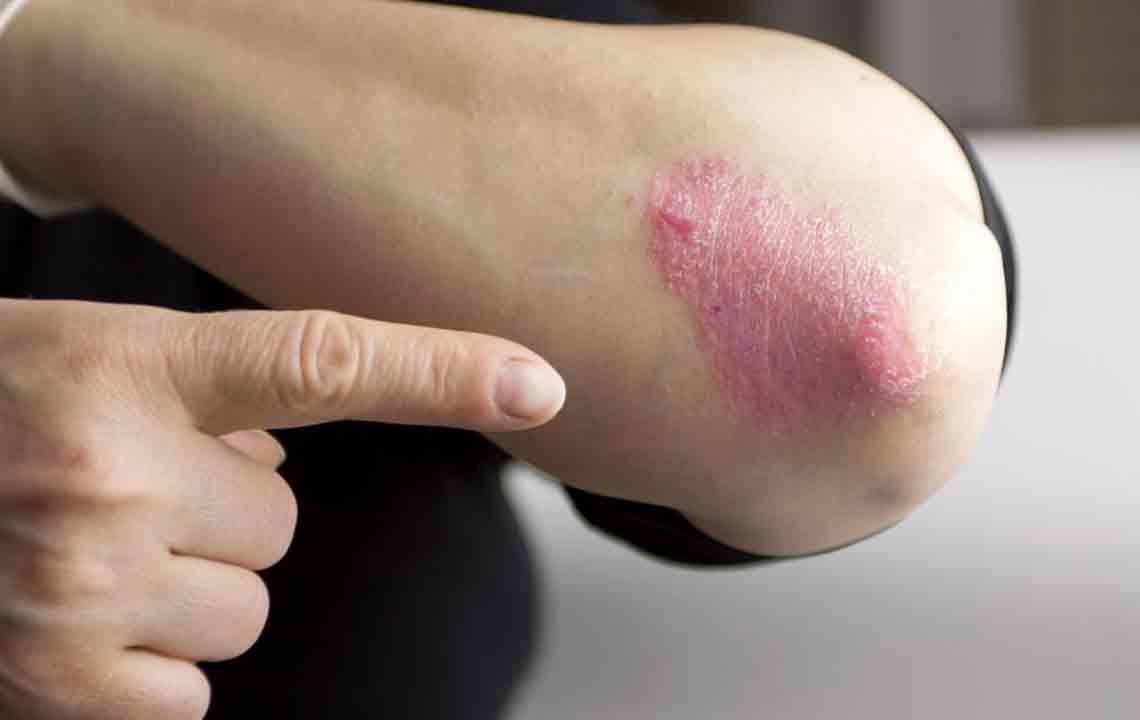Understanding Psoriasis Treatments and Potential Side Effects
This article explores various psoriasis treatments, including biologics, retinoids, immunosuppressants, and antimetabolites, highlighting their mechanisms and potential side effects. It provides essential information to help patients understand medication options and safety considerations under medical supervision.

Overview of Psoriasis Treatments and Associated Side Effects
Psoriasis is an autoimmune disorder characterized by red, thick patches of skin covered with silvery scales called plaques. These skin areas can crack, ooze, or bleed. Many sufferers experience discomfort, burning, and sensitivity. Since psoriasis is a chronic condition, it cannot be fully cured, but treatments focus on alleviating symptoms.
Role of Biologic Therapies in Managing Psoriasis
If traditional medications are ineffective, doctors may recommend biologic drugs that target causes rather than symptoms.
These drugs, known as biologics, act on specific parts of your immune system.
They inhibit certain cells and proteins that contribute to psoriasis.
By doing so, they reduce inflammation and symptoms such as scaling and redness.
However, biologics also weaken immune defenses, increasing infection risks.
Monitoring for symptoms like fever, chills, or fatigue is essential during therapy; consult your doctor if these occur.
Common Biologic Drugs
Examples include etanercept, infliximab, adalimumab, ustekinumab, golimumab, secukinumab, and ixekizumab.
Most are injectable and usually prescribed when other treatments fail or for joint involvement.
Potential Side Effects of Biologics
Since biologics significantly impact the immune system, watch for side effects such as:
Headaches
Digestive disturbances
Joint pain or swelling
Respiratory infections
Nausea
Fungal infections
Oral Retinoid: Acitretin and Its Risks
Acitretin is an oral vitamin A derivative used for severe psoriasis in adults.
Common side effects include dry skin and lips, hair loss, dry mouth, mood changes, muscular pain, and potential liver issues.
Severe reactions may involve vision changes, intense headaches, nausea, breathing problems, swelling, chest pain, and yellowing of skin or eyes.
Immunosuppressant: Cyclosporine and Its Effects
Cyclosporine is reserved for cases unresponsive to other treatments, suppressing immune activity to reduce symptoms.
Side effects might include headaches, fever, nausea, hair growth, swelling, increased blood pressure, and liver concerns.
Antimetabolite: Methotrexate and Potential Side Effects
Methotrexate is used for severe psoriasis resistant to other therapies, slowing skin cell growth.
Common adverse effects comprise fatigue, fever, gastrointestinal discomfort, hair loss, eye redness, and increased infection risk.
Important Note:
The information presented aims to provide helpful insights into psoriasis treatments. Readers are encouraged to consult healthcare providers for personalized advice. Our content is for informational purposes and may not encompass all available options or updated research. Please verify details with medical professionals before making treatment decisions.










